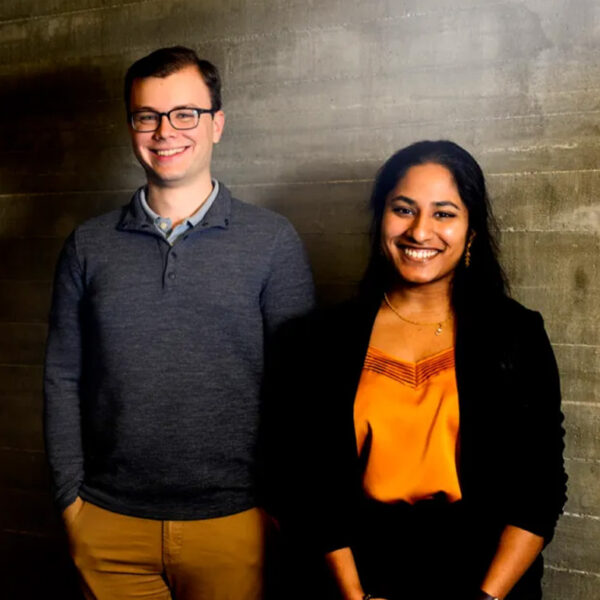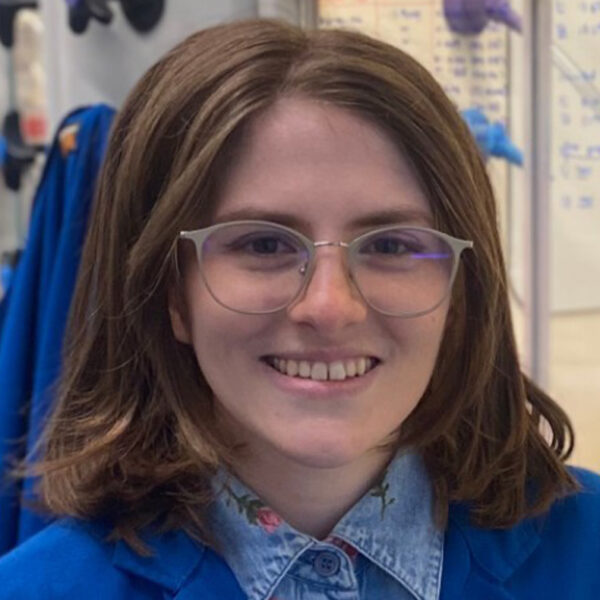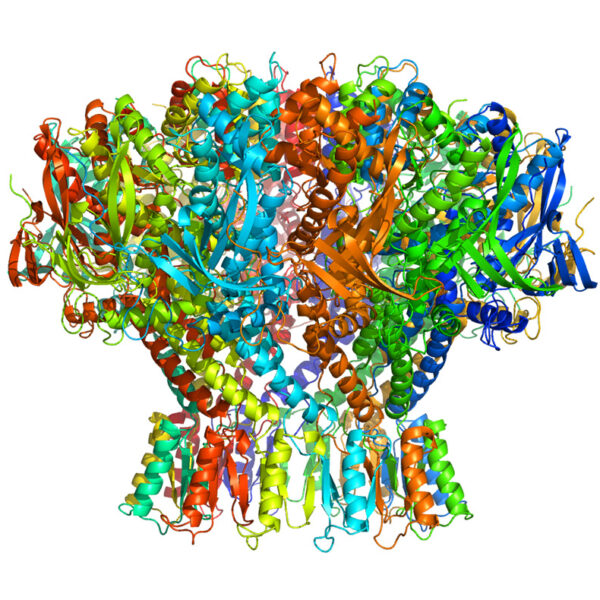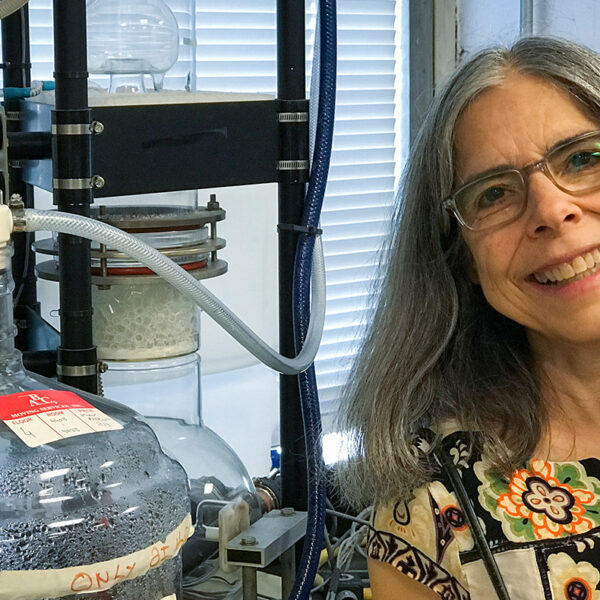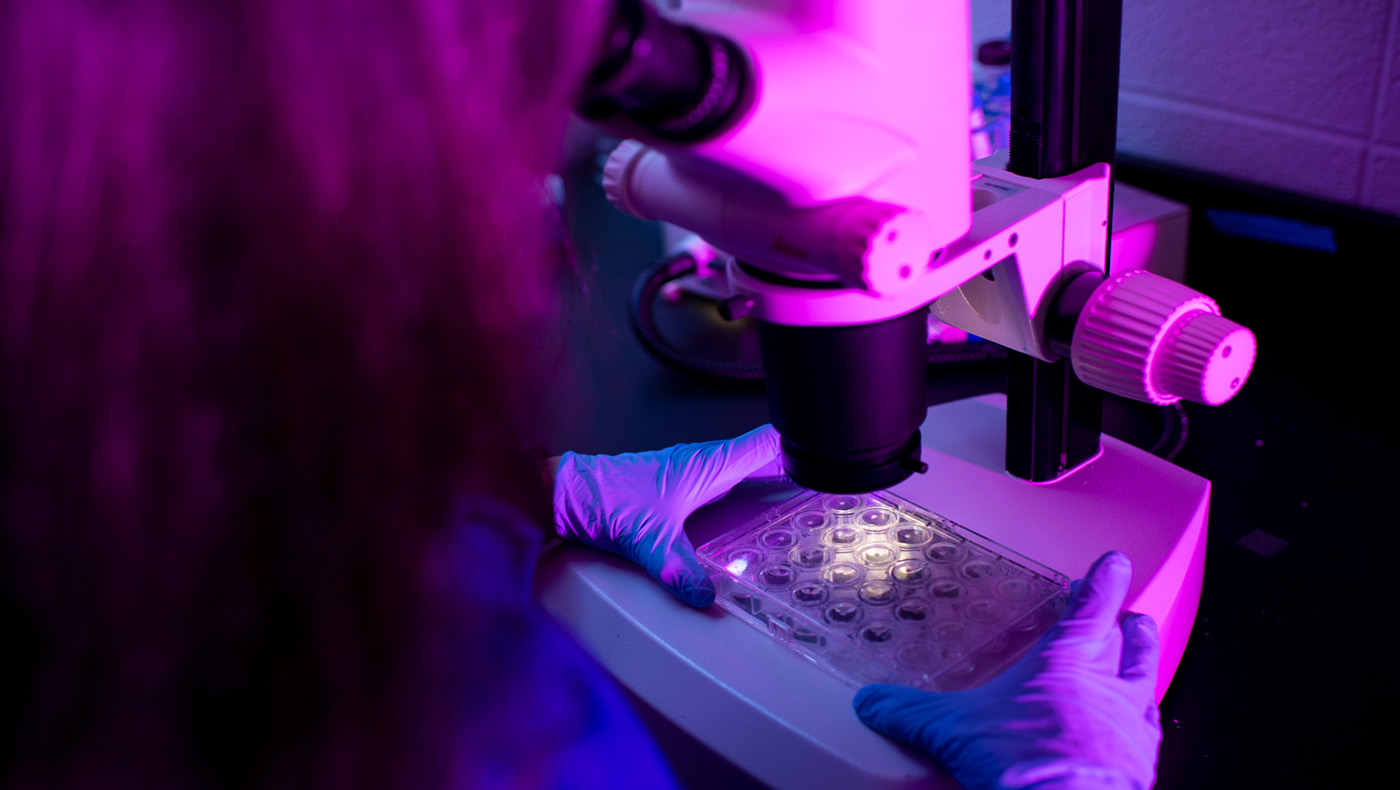
Connected Science Community Chemistry PhD Program
A new kind of PhD training
Conduct groundbreaking Chemistry research and develop skills that open a vast set of future careers with the support of a cross-College PhD Community!
The Connected Science Community Chemistry PhD Program is designed for students who have earned a bachelor’s or a master’s degree in chemistry or related areas and who wish to earn a doctorate in chemistry.
Our research programs draw from a strong foundation in analytical, organic, physical, and biological chemistry in a collaborative and diverse environment. Research spans a wide range of multidisciplinary fields, with strengths in clean energy, polymers, materials, medicinal chemistry, bioanalytical chemistry, and chemical biology.
You will be joining a graduate program that is committed to cultivating a culture of respect and collaboration where the contribution of each person is valued.
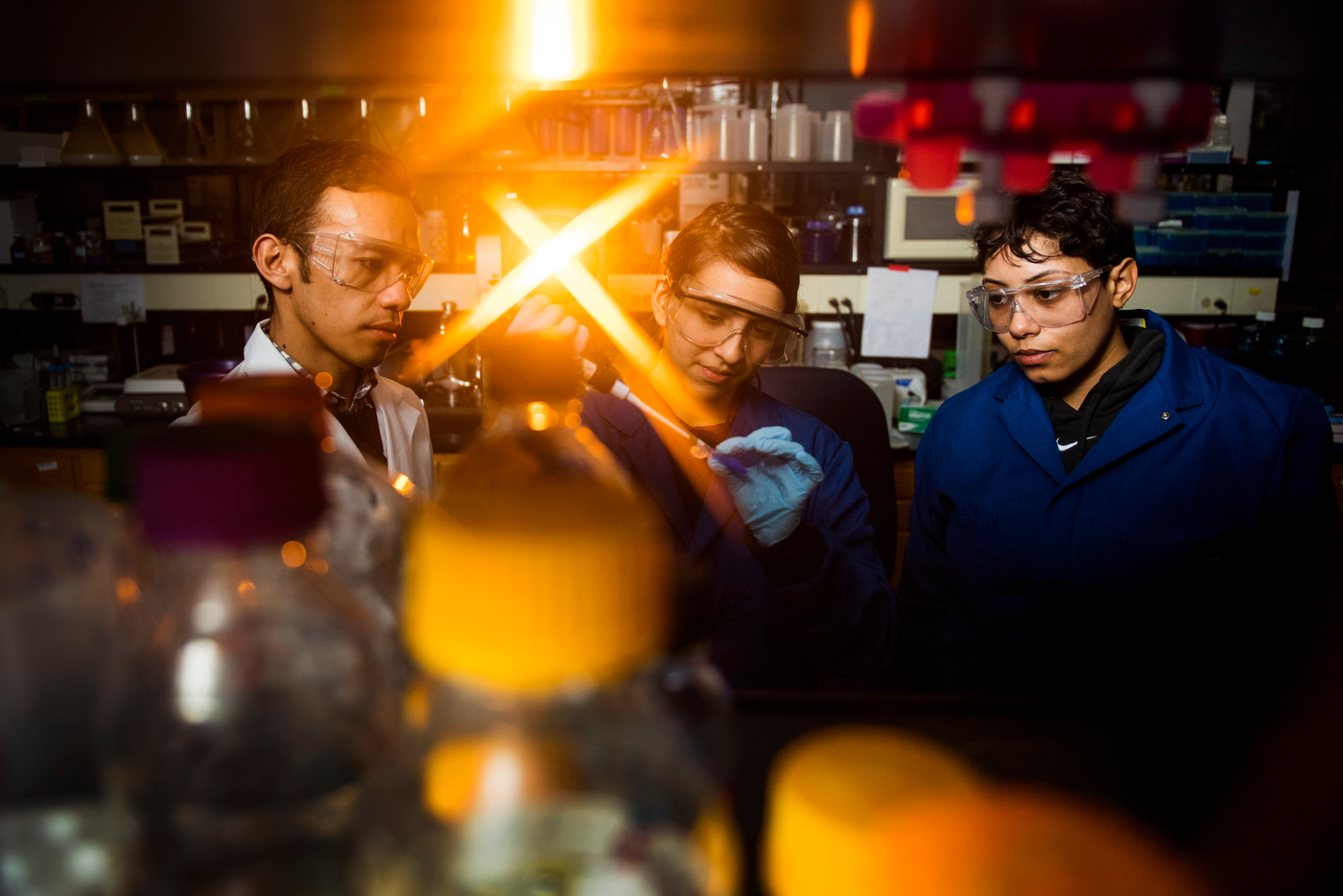
A Culture of Respect
In the Northeastern University College of Science, we embrace a culture of respect and inclusion, where each person is valued and empowered with equitable opportunities and access to resources. We commit to implementing initiatives that dismantle systemic oppression and build a diverse community.
Learn more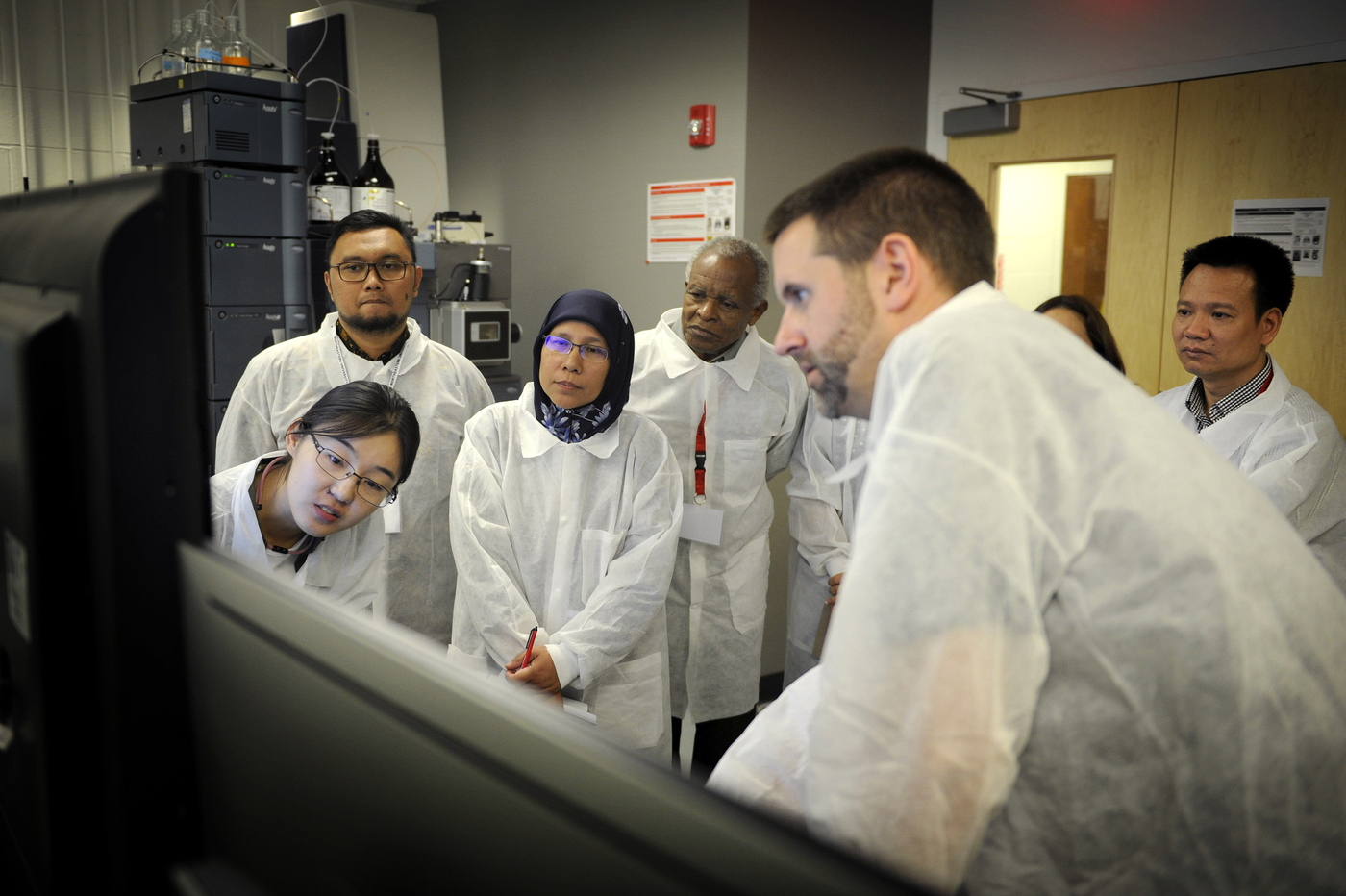
How the Connected Science Community Chemistry PhD program works
Upon joining the Chemistry PhD program, you will also join a Connected Science Community of PhD students across the College of Science. During the summer before your first year, you will participate in workshops to develop key skills, explore and utilize university resources, and learn about potential post-PhD careers.
During Fall semester of your first year, you will begin coursework and continue research in your department. Throughout your first year and beyond, you will continue your research while sustaining your Connected Science Community through seminars, workshops, and social activities.
In this unique PhD training program, you’ll:
– join a Community of PhD students across all College of Science departments, who learn from each other, collaborate, and draw on one other’s experience;
– develop Career and Core Skills and inside knowledge of the outstanding career opportunities open to our PhD graduates;
– explore Cross-Disciplinary Research to help you solve pressing research challenges; and
– gain external Work Experience – an integral part of your professional training, with many opportunities.
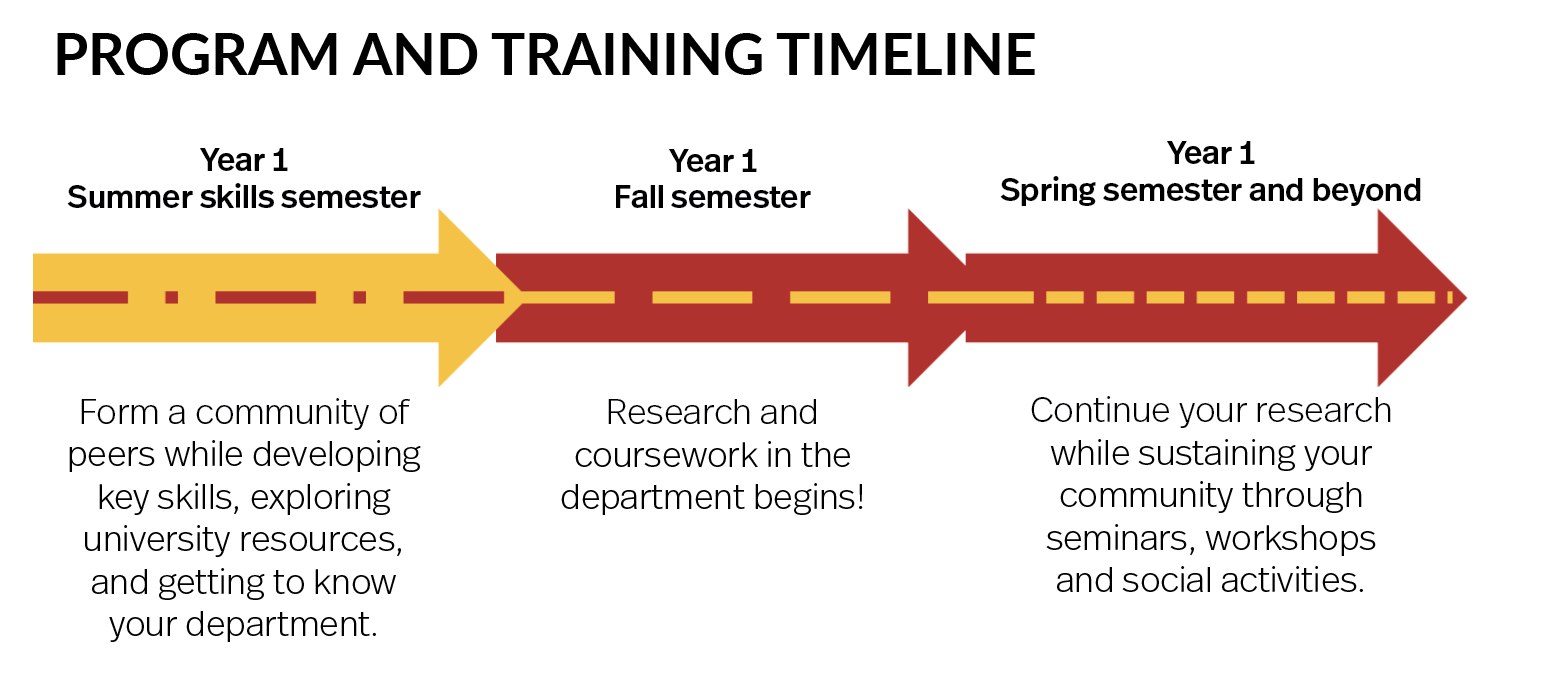
Additional information
For the duration of their program, students receive full tuition scholarship, a graduate assistant position with stipend, and health insurance.
The deadline to apply is December 1.
Bachelor’s Degree Entrance
Complete all courses and requirements listed here unless otherwise indicated.
Milestones
- Qualifying examination
- Annual review
- Dissertation committee
- Dissertation proposal
- Colloquia (minimum of three)
- First-author publication
- Dissertation defense
Program Credit/GPA Requirements
- 30 total semester hours required
- Minimum 3.000 GPA required
Want to learn more about the Connected Science Community Chemistry PhD program? Fill out the form below and a team member will be in touch.
News
